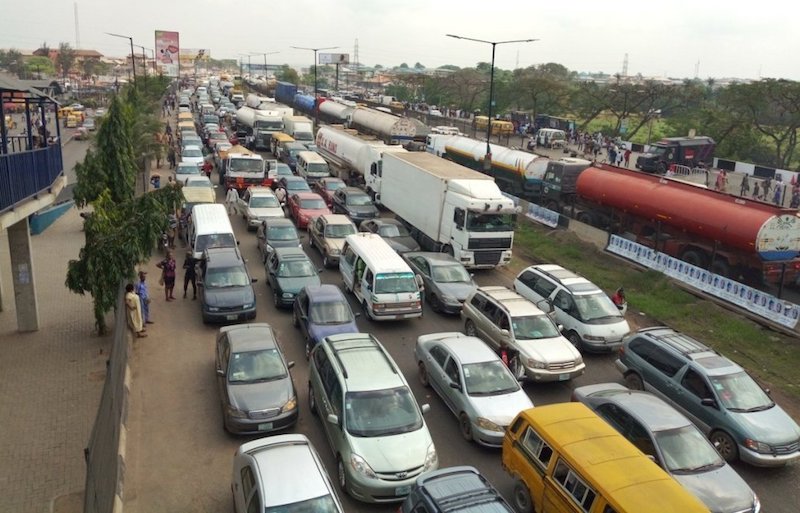Work has officially commenced on the long-awaited reconstruction of the Abuja-Kaduna section of the strategic Abuja-Kaduna-Zaria-Kano Expressway. The project was flagged off over the weekend at Jere, Kaduna State, by Governor Uba Sani, who represented President Bola Tinubu at the event.
The expressway, described as a lifeline for Northern Nigeria’s transport and economic activity, is undergoing a full rebuild under a contract valued at ₦777 billion.
Speaking at the ceremony, Governor Sani highlighted the significance of the highway, calling it the busiest route in the region and second nationwide only to the Lagos-Ibadan Expressway. He noted that years of neglect had led to loss of lives, increased travel hardship, and slowed economic growth for communities along the corridor.
“This is more than just roadwork—it’s a critical step in restoring movement, safety, and opportunity across Northern Nigeria,” the governor said.
Governor Sani recalled his tenure as a Senator, during which he persistently lobbied for the project’s revival through advocacy, public engagement, and direct appeals to national leadership. He praised President Tinubu’s swift action in greenlighting the reconstruction and directing the Ministry of Works to begin work without delay.

He also cited improvements in security as a major turning point. “Today, people can travel this route safely at any hour,” Sani said, crediting the progress to the Kaduna Peace Model and coordinated efforts led by National Security Adviser, Malam Nuhu Ribadu.
Minister of Works David Umahi, also present at the event, revealed that the expressway, stretching approximately 700 kilometers in total, is expected to be delivered within 14 months. It will be built using reinforced concrete pavement for durability, with the entire stretch equipped with solar-powered lighting and CCTV surveillance.
Umahi also announced that the Zaria-Kano section has been extended by 11 kilometers to connect with the Malam Aminu Kano International Airport, aligning the project with broader infrastructure upgrades.
Following the exit of Julius Berger Nigeria Plc from the project, the contract has been reassigned to a new firm described by the Minister as highly capable and results-driven.
“This administration is not just building roads—we’re building legacy infrastructure meant to last half a century or more,” Umahi remarked.
He detailed additional funding commitments, stating that ₦252 billion had been approved for the completion of remaining portions of Sections I and III, with 30% of that already disbursed. Section II, comprising 164 kilometers, is set to cost ₦525 billion.
The Minister of State for Works, Bello Muhammad Goronyo, praised President Tinubu for advancing a modern approach to road building through the use of reinforced concrete, marking a shift from older construction models.
Also in attendance, senior engineers and directors from the Ministry of Works emphasized the need for stakeholder cooperation to ensure successful delivery of the project. They called on host communities and partners to actively support the implementation process.
Former Senator Danjuma La’al joined other speakers in acknowledging the Federal Government’s ongoing investments in Kaduna’s infrastructure, adding that such projects are vital to regional development and national cohesion.



